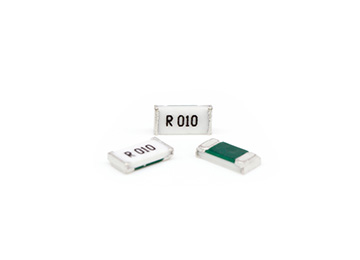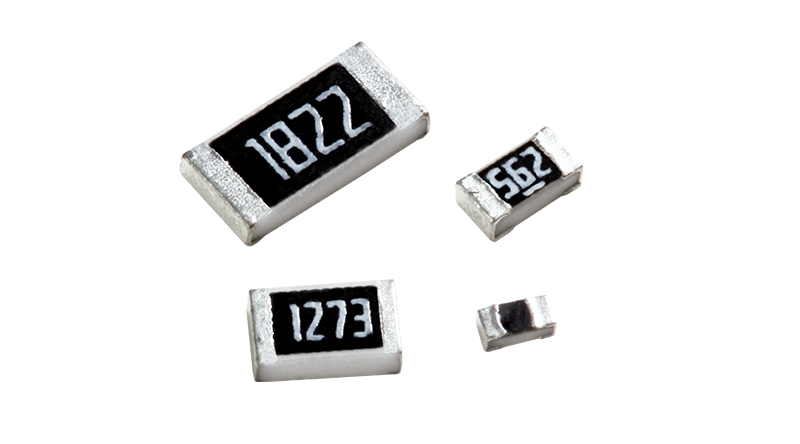The work of resistors used to be used to block direct current and alternating current, and the basic working principle is not much different. So, what is the difference between current limiting resistors and ordinary resistors? When designing a circuit, it is still necessary to consider the following aspects comprehensively.

The basic principle of current limiting resistors and conventional resistors is the same, they both limit the current through the resistance value. However, they have some differences in design, application, and features:
1. Rated power:
Current limiting resistors typically have higher rated power and can withstand greater power consumption, while conventional resistors may only be suitable for lower power applications.
2. Thermal stability:
Current limiting resistors are designed with consideration for their thermal stability to ensure that they will not overheat and be damaged during prolonged operation or exposure to high currents, whereas conventional resistors may not have such requirements.
3. Accuracy requirements:
The accuracy of the resistance value of current limiting resistors may be higher than that of conventional resistors to ensure reliability in current limiting applications.
4. Durability:
Current limiting resistors are usually made of materials with higher heat resistance and mechanical strength to adapt to more demanding working conditions.
5. Circuit protection:
Current limiting resistors play a protective role in circuits, while conventional resistors are more commonly used for general functions such as signal processing and voltage division.
6. Material differences:
The materials for current limiting resistors include metal oxide ceramics (MOX), tungsten steel alloys, ferrosilicon, etc. These materials have advantages such as low temperature coefficient, high temperature coefficient, good high temperature resistance, and small initial resistance drift rate, while conventional resistors may use different materials.
7. Application differences:
Current limiting resistors are mainly used in the power field, such as high-voltage substations, power grid automation, constant power loads, AC/DC impedance measurement circuits, etc., to provide current limiting protection; Conventional resistors are mostly used in fields such as conventional circuit measurement and electronic device control.
In general, current limiting resistors are a type of ordinary resistor that are particularly suitable for situations where current needs to be limited to protect circuits. The main differences between them are rated power, thermal stability, accuracy requirements, durability, and application areas.


